Bringing home a new puppy is an exciting milestone for your family.
While there are many fun memories to make with your furry friend, being a puppy parent is also a big responsibility, because a good dog is made from good breeding and good training! Hopefully, you’ve already taken care of the former, and now, you’re ready to tackle the second one.
Puppies, like human babies, rely on your guidance to learn how they should interact with the world around them. Because of this, training your puppy is crucial, so they can grow up to be confident, well-behaved, happy dogs – who are totally practical for your family. (Afterall! My dogs work really well for me, but who’s to say they will for you?)
Read on to learn when to start training your puppy, how to start the process, and a few tips to make training your puppy easier.
When to Start Training Your Puppy
In short, training with your puppy should start as soon as you bring them home, around 8-10 weeks, but I really want you to know that training that gorgeous little bundle of teeth (puppy biting is rough, huh?) and floof doesn’t always look like teaching your puppy new cues and commands.
Puppies are babies, and they have so much to learn about navigating the world. Because of this, every interaction you have with your puppy is a training opportunity of some kind, whether it’s exposing them to a new social experience, working on potty training, or introducing a new boundary.
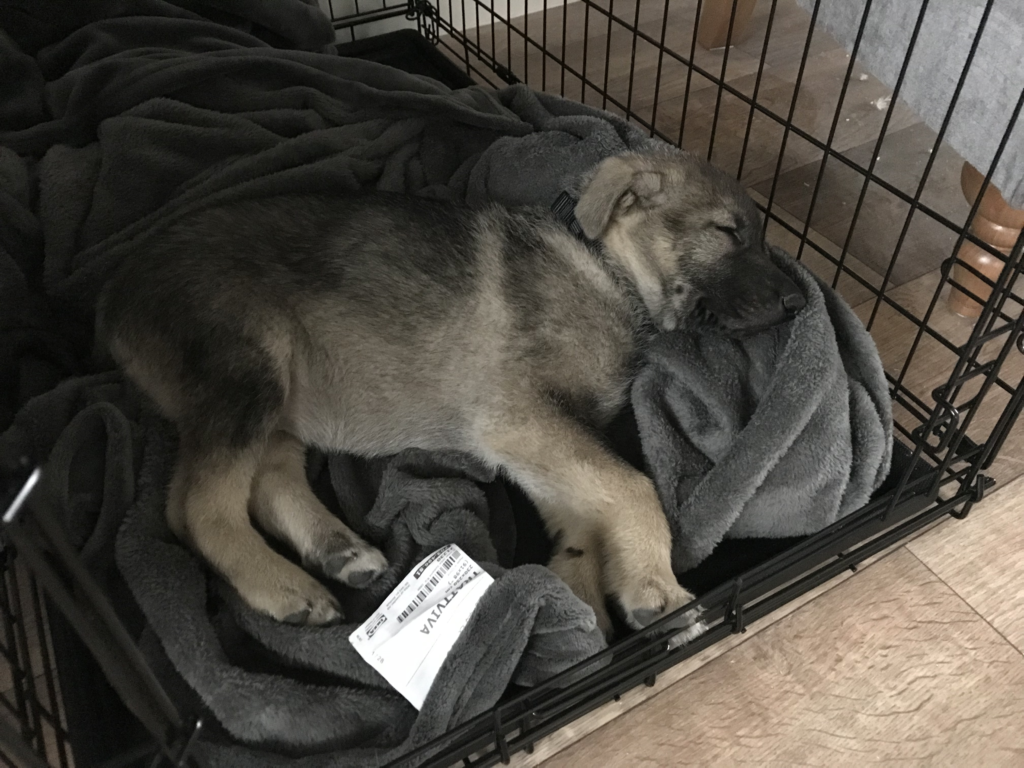
The Problem With Training Puppies
Puppies are young and excitable. This is a really wonderful thing! but when you’re training? It can feel like an uphill battle with a goofy excitable puppy – and sometimes, I want you to know that if you’re struggling with training it’s usually because of a few reasons.
- Your puppy is overtired
- You need to break it down more
- You need to increase the reward
- You’re expecting too much
- Puppy’s muscles haven’t developed that much
- You’re training for too long
- Puppy is getting too much exercise
Remedying those things (or waiting if it’s a muscle development thing) will help you to train your puppy effectively.
What to Teach Your Puppy During Training
In the first few days after you bring your puppy home, your training will focus on building a routine, bonding and getting comfortable with their new home. Puppies learn best through positive experiences, so do your best to make their first few days in your home special.
So, first, establishing a schedule with your puppy helps build a great training foundation, and it also helps your puppy feel safe. They can start to rely on being fed at certain times, and they can even begin to understand that they should go potty at certain times.
This is also a great time to start name recognition training. Simply say your puppy’s name to them often, and reward them when they respond to the name! This one is super simple and is a great place to start.
Then you may also elect to start crate training. Of course you don’t have to do this – it’s very much an optional thing. But toilet training is quite important for a successful life together.
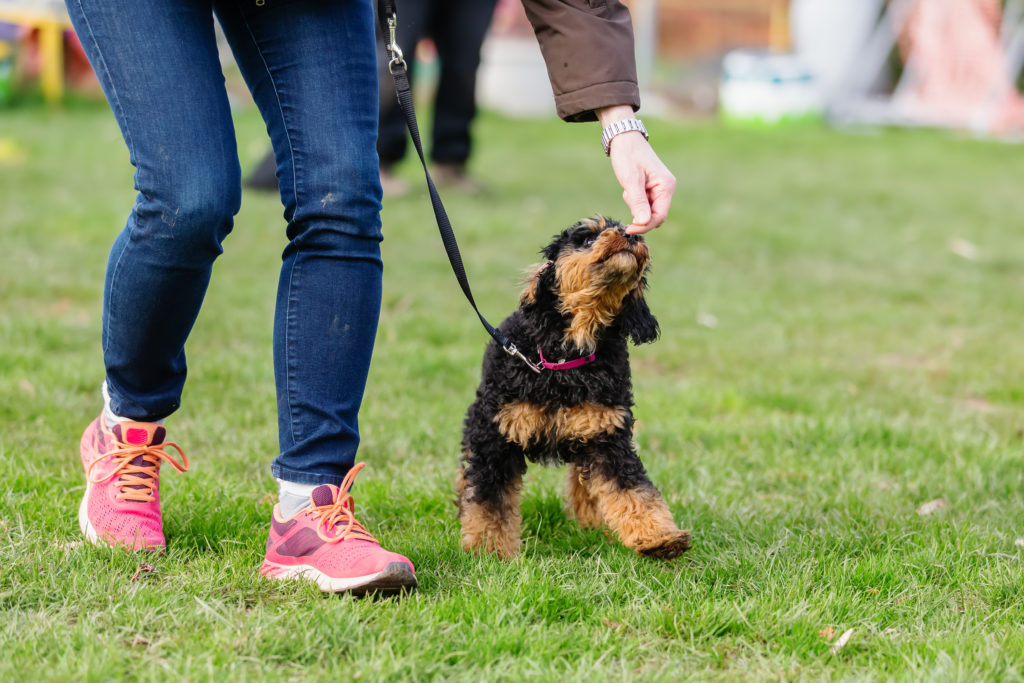
Once your puppy has settled in, you can start more formal training. Starting training with your puppy early will make it even easier to train your puppy as they get older.
Your puppy is a clean slate, and that means your training will need to cover all of the aspects of being a good dog citizen, from potty training to impulse control, to being comfortable wearing a leash.
Start with simple training while your puppy is still 8-10 weeks old. As they grow, you can increase the amount and difficulty of the training. At this age, your puppy is ready to learn:
- Crate training
- Potty training
- Basic commands like sit and come
- Loose leash
- Threshold training and impulse control
Why Socialization is Important
In addition to other forms of training, you should also focus on socialization with your puppy right away.
While one aspect of socialization is getting your dog comfortable around other dogs, it also means exposing your puppy to all types of new experiences and helping them to build positive associations with those experiences.
Socializing your puppy early helps them grow into a confident adult dog. They’ve built positive associations with everything around them, so they have no reason to be afraid.
When you’re socializing your puppy, focus on any potential situation they could find themselves in, including:
- Meeting new people
- Meeting new animals
- Hearing the doorbell or a knock on the door
- Hearing and seeing cars, trucks, and other vehicles
- Hearing fireworks
- Having their entire body touched for grooming and vet care
If you want more of a guide on how to socialise your dogs, head over to How To Socialize Your Puppy – Socialization Simplified!
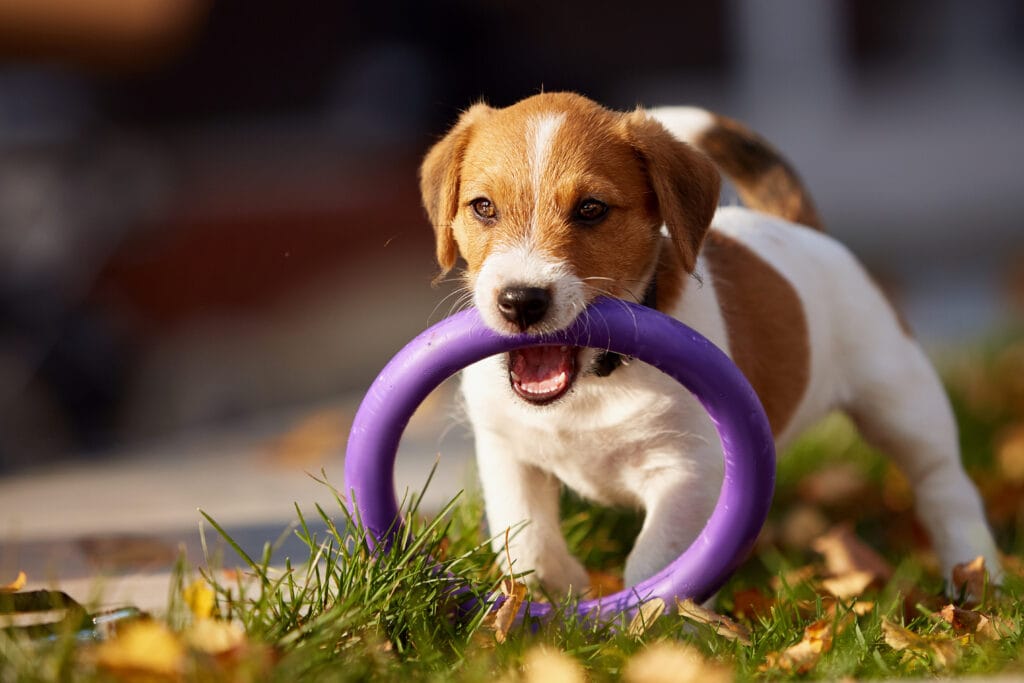
4 Tips to Train Your Puppy
Training your puppy is a big undertaking, so here are a few tips to make that process easier.
1 – Start a Routine Early
Consistency is key for all aspects of your puppy’s training. Like babies, puppies crave routine to feel safe and secure. Create a schedule for feeding, potty time, sleeping, and training to provide structure for your puppy’s day.
Being in a new home for the first time can be scary, but routine helps build your puppy’s confidence with the world around them. A consistent potty routine will also help minimize accidents in your home.
2 – Set up a “Puppy Safe Zone”
Puppies are curious animals that can get into trouble quickly – whether that’s a stray wire, or a shoe.
While you should always supervise your puppy, it’s impossible to monitor them 24/7—but it’s a good idea to not give them too much freedom because puppies don’t know what is acceptable! Everything in the world is available to them as far as they know, and that can put them at a lot of risk. So, over time, teaching them to be trust worthy to have free reign of the house is an important part.
The best solution is creating a puppy safe zone in your house! This puppy-proof area of your home will keep your puppy secured, give them a place they can feel safe in, and help keep your furniture from being damaged.
To create this puppy safe zone, designate a part of your house where you feel comfortable having your dog explore. This area should be quiet and calm with a nice comfortable bed, and put a few of their toys and chews in it to ensure they have appropriate outlets for their teething and biting needs.
Block off these sections of the house with baby gates, play pens, and closed doors, then make sure everything that’s unsafe for your pup is removed from the area.
Over time, you’ll slowly open up the restricted areas of your house as your puppy learns and proves their good behavior, and practice it regularly when puppy spends time out of their safe zone.
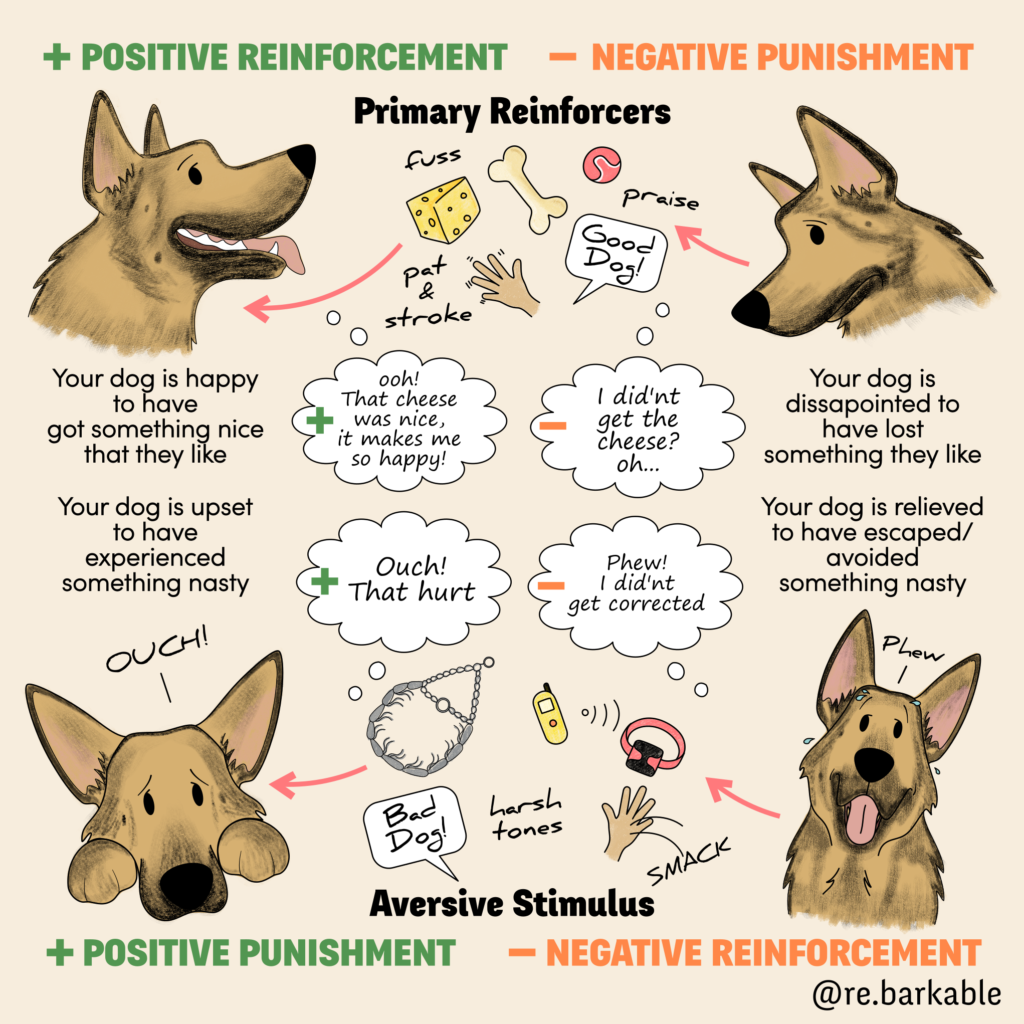
3 – Reinforce Your Puppy For Good Behavior
Puppies learn best through positive experiences! This is called “Positive reinforcement”, which is scientifically the best way to train, and it’s the only methodology supported by the American Veterinary Society of Animal Behavior.
Whilst it can definitely be an emotionally testing time (If you’re struggling, please look into the puppy blues) to punish your puppy for having an accident or similar, but it’s not a great plan, because punishment will only have negative consequences. Like making your puppy scared or distrustful of you (which can often be mistaken for guilt).
Instead, focus on rewarding your puppy’s good behavior, in both formal training sessions and regular life.
In fact, capturing a moment of your dog naturally displaying good behavior, like settling down or coming when they’re called, will reinforce that behavior more quickly than recreating it in a training session.
The more you reward good behaviors at an early age, the easier it will be for your puppy to understand and practice those behaviors in the future.
4 – Be Patient With Puppy!
Puppies have so much to learn, and they won’t always pick up on a new behavior quickly. They’re experiencing everything for the first time, and they need your guidance on how to interact with that world.
Patience is one of the most important things for new puppy parents to have. Training takes baby steps and consistency. Little by little, over time, you will build a strong, positive relationship with your puppy that will last a lifetime.
Are You Ready to Train Your Puppy?
Whether you work with a professional trainer or you take on the task of training at home on your own, what’s important is that you start training your puppy as soon as possible.
You don’t need to be perfect, but you do need to practice with your puppy regularly. In time, as your puppy grows, you’ll see your hard work pay off.
If you need help training your puppy? Pupdates will definitely get you started on the right paw!

Author, Ali Smith
Ali Smith is a professional, qualified, and multi-award winning trainer is the founder of rebarkable. She has always believed animals deserve kindness and champions force free methods. Believing that dog guardians will all choose the kindest options if proper information is provided, she aims to help all dog guardians who need it and make dog training as accessible as possible
Ali lives win Maryland, US with her husband and her three dogs.
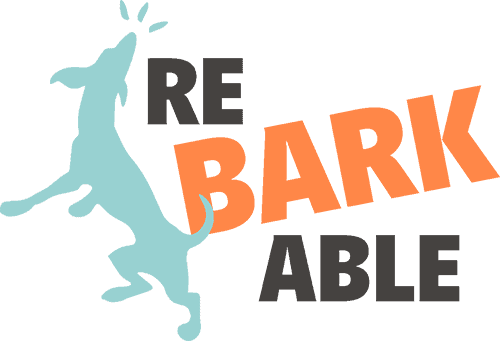
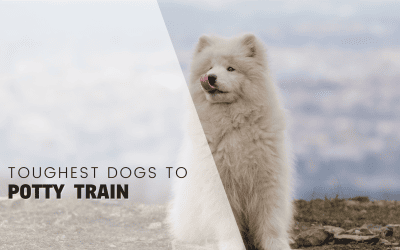

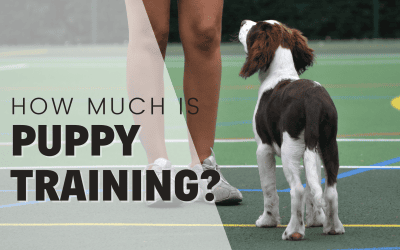

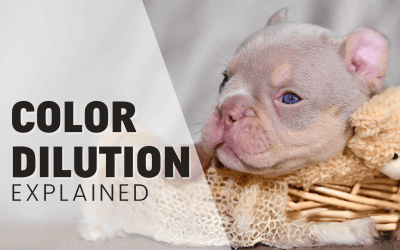
0 Comments